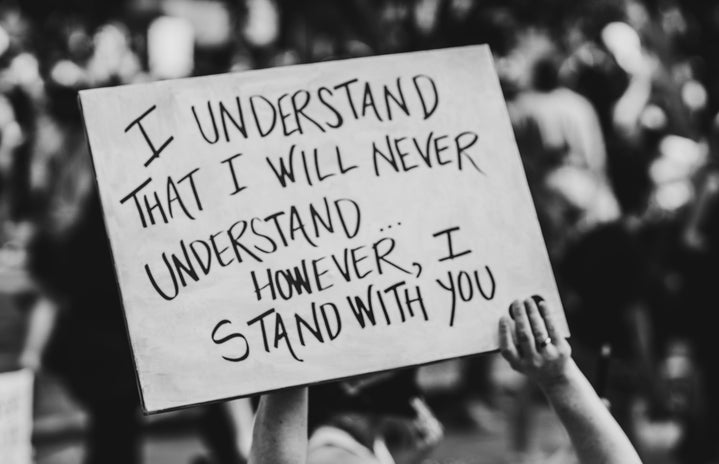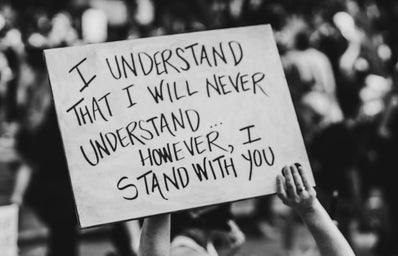The Merriam-Webster dictionary defines microaggressions as “a comment or action that subtly and often unconsciously or unintentionally express a prejudiced attitude toward a member of a marginalized group.” In other words, microaggressions are small acts or words that target an individual based on stereotyped generalizations about the group they are part of. A lot of the time, people don’t realize when they’ve committed a microaggression, and sometimes people don’t realize one was committed toward them until well after the fact.
What separates microaggression from any other form of racism and oppression is that they are sometimes well-intended. They are, for the most part, backhanded compliments that indirectly reference prejudice. An example of this would be, “You have great English!” As a Hispanic woman, people will often “compliment” my English. When I first moved to the US, I believed it to be a genuine compliment, but the more people pointed out my English, the more insulting it became. It stopped being about my skill but about the shock of people that someone who looks like me could be fluent in English and even have an American accent.
Other forms of microaggression are silent, like when store security guards follow POC in the store but don’t pay attention to any of the white customers, or when taxis don’t stop for POC passengers. These are based on assumptions that POC are criminals or will go to “unsafe” neighborhoods.
It is important to keep in mind that microaggressions aren’t limited to race. The basis of microaggressions is prejudice against marginalized groups, and that includes people with disabilities, women (these are gender-based microaggressions, and while they can happen towards men, they tend to be more targeted at women), and members of the LGBTQ+ community. Such microaggressions here can be pushing someone’s wheelchair without their consent or making “jokes” about women’s bodies or assuming your gay friend has a crush on you just because you’re both the same gender.
How does one identify a microaggression? It’s not so easy because, as I said, they’re usually hidden behind compliments. They are well-intentioned, and that oftentimes feels like they shouldn’t be offensive. But, there is a big difference between intention and impact. Something can be well-intentioned and still have a negative impact. The key is understanding other people’s experiences as individuals and as members of marginalized groups and learning from past behavior. If someone tells you your comment offended them, learn from it. Do not defend your intention because it has nothing to do with it, and everything to do with how they felt.
As the saying goes, the road to hell is paved with good intentions.





